Open Strategic Autonomy in EU Trade Policy
This book analyses whether the recent reorientation of EU trade policy towards stronger enforcement and more robust representation of interests, resulting in a series of new or amended legislative tools, is in conformity with the EU's international commitments, particularly WTO, FTA, environmental, and general international law, and with its multilateralist stance and underlying constitutional obligations. The analysis is also set against the consequences that would flow from within the EU legal order, providing readers with a comprehensive view of the external and internal constraints on trade policy that the EU should respect, as well as the leeway it enjoys. In case of potential tensions, it submits changes that would better balance the EU's new ambitions and international obligations. Furthermore, the book looks beyond the possible legal repercussions to consider the broader political implications of these instruments on the credibility of the EU's commitment to multilateralism and international law.
- Analyses the EU's most recent Trade Policy reorientation towards an Open Sustainable and Assertive Trade Policy by considering its roots, causes, context, internal and external legal constraints
- Provides a comprehensive and multifaceted analysis of novel EU trade tools in light of multilateral and bilateral trade norms, as well as environmental and general public international law
- Considers whether the EU's actions correspond to its international and constitutional commitments, and beyond, its multilateralist approach
Product details
December 2024Adobe eBook Reader
9781009196581
0 pages
This ISBN is for an eBook version which is distributed on our behalf by a third party.
Table of Contents
- 1. Introduction
- Part I. EU Trade Policy and its Constrain:
- 2. The EU's trade policy: past and prospect
- 3. External and internal constraints for the EU's open strategic autonomy in trade policy
- Part II. The Tools for Stronger Enforcement of Trade Rights:
- 4. The EU-Led MPIA: an attempt to rescue the WTO dispute settlement
- 5. The amended trade enforcement regulation: addressing dispute settlement blockages
- 6. The anti-coercion instrument: is there a place for unilateralism under international rules?
- 7. Enforcement of the FTA TSD chapters: newfound strength?
- Part III. The Tools for Assertive Representation of EU Interests:
- 8. The IPI regulation: a 'level playing field' for European economic operators in Foreign public procurement markets within international law confines?
- 9. The foreign subsidies regulation: the way forward to competitive equality and exterritoriality of EU competition law?
- 10. CBAM: in tension with EU's international trade and climate commitments
- 11. Conclusion
- Bibliography.

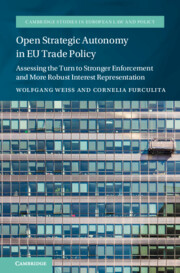
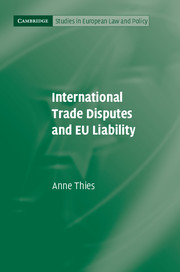
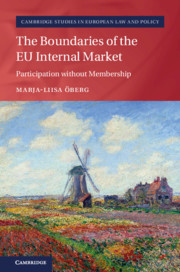
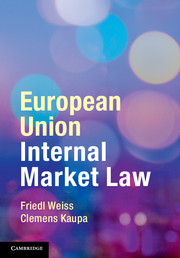
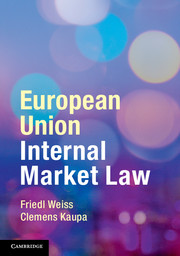


.jpg)
